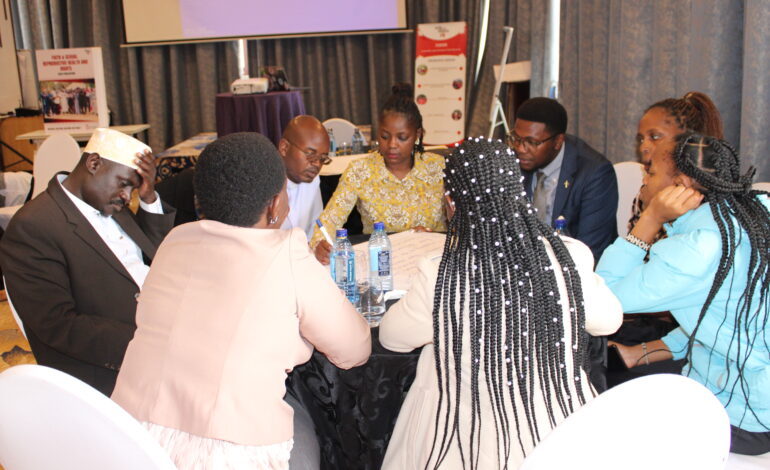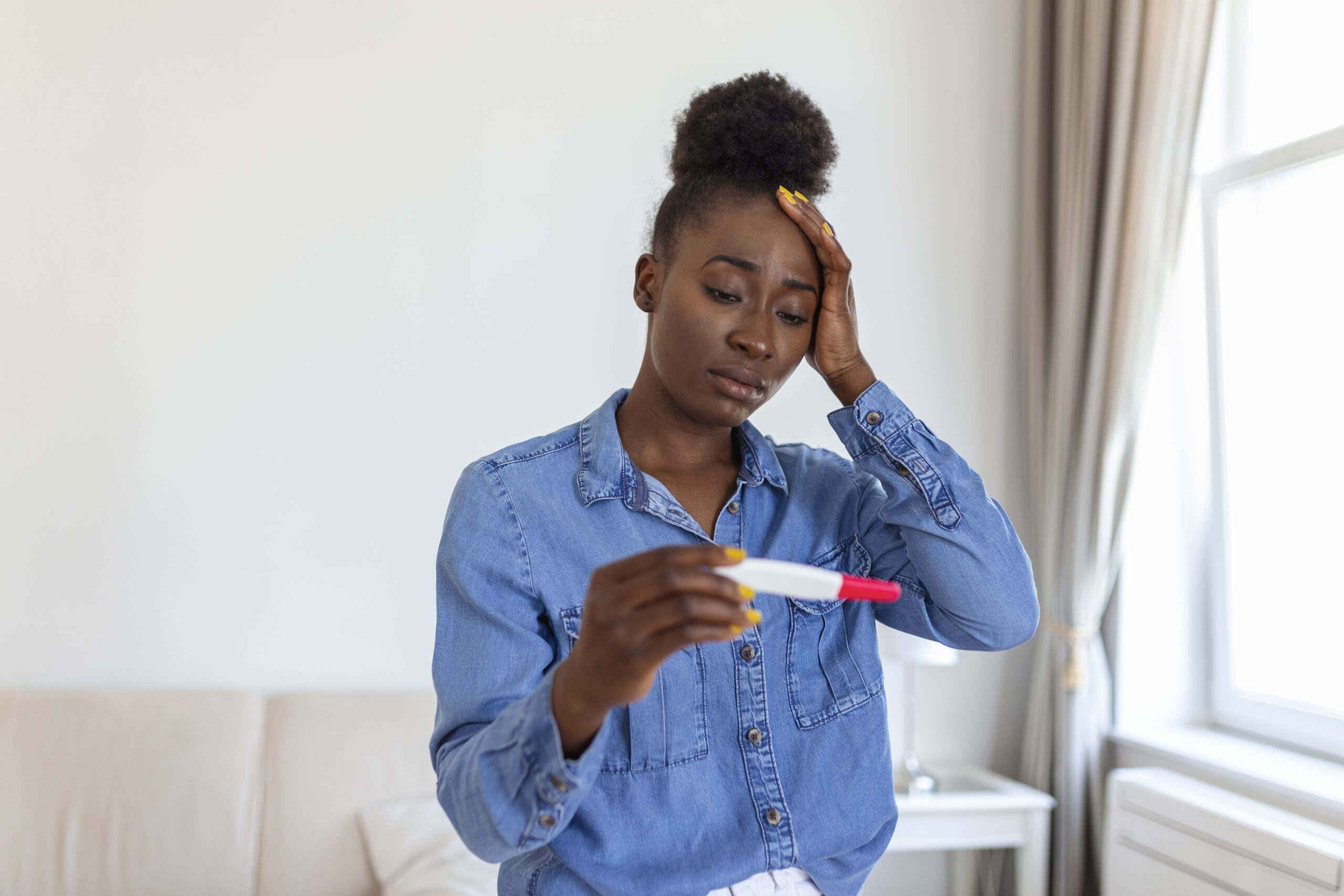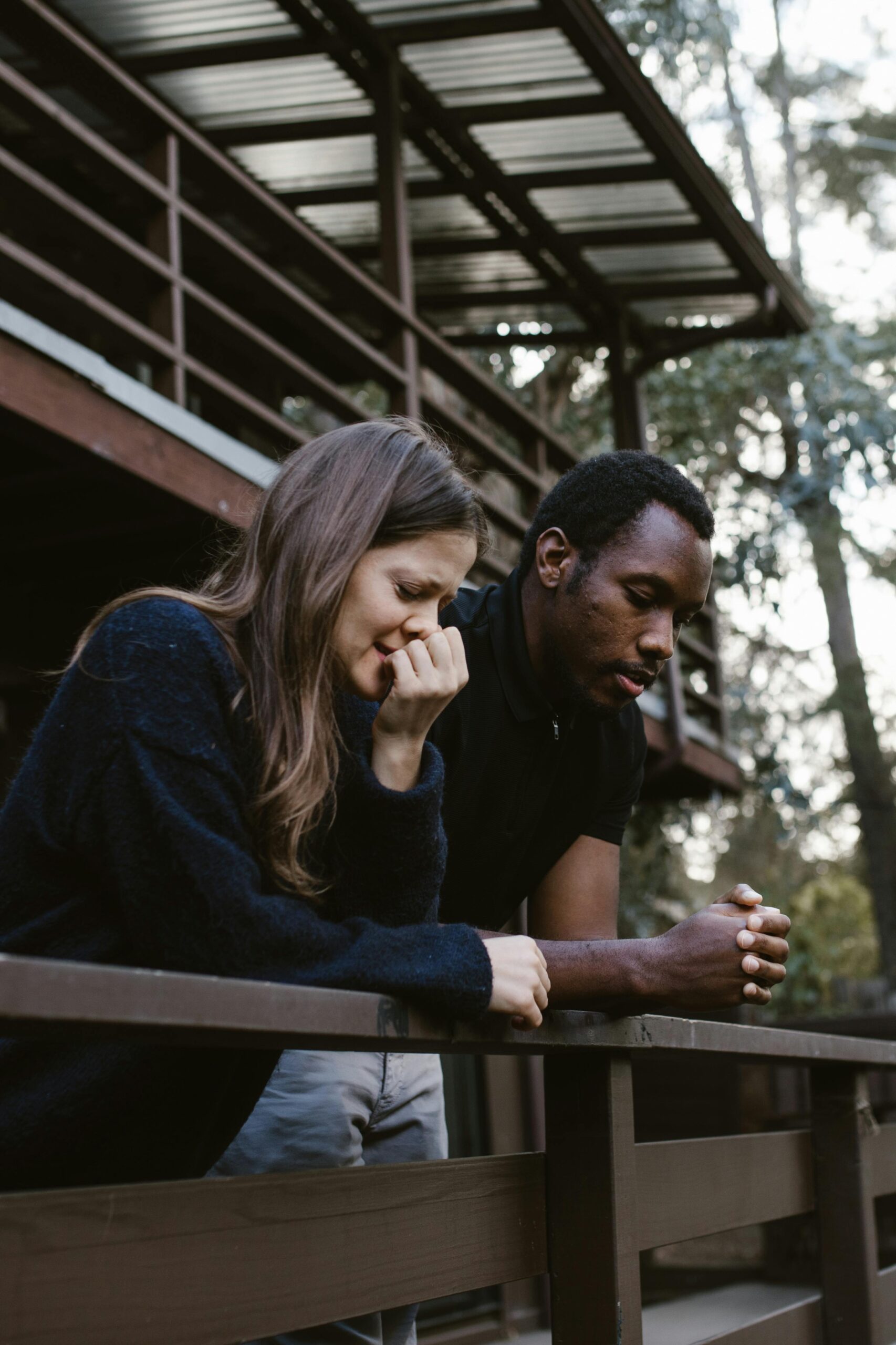For years, matters of sexual and reproductive health and rights (SRHR) have existed on the margins of religious discourse in Kenya—delicate topics too often avoided at the pulpit. But that silence is slowly breaking. In an unprecedented move, religious leaders from different faiths have come together to launch a groundbreaking publication titled Faith and Sexual Reproductive Health and Rights, designed to bridge the longstanding divide between faith and SRHR.
Launched through the efforts of Youth Changers Kenya (YCK), the document serves as a manual for religious leaders—equipping them with accurate knowledge, legal insight, and the language necessary to engage their congregations meaningfully and respectfully on these issues.
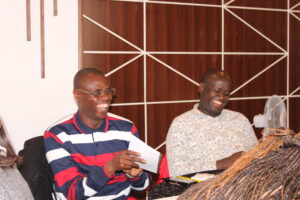 “Religion should offer hope—not just in one aspect of life, but in all,” said Boaz Abuko, a priest with the Anglican Church of Kenya and one of the contributors to the guide. “It’s important to be cognisant of the socio-economic challenges affecting young people and everyone in general.”
“Religion should offer hope—not just in one aspect of life, but in all,” said Boaz Abuko, a priest with the Anglican Church of Kenya and one of the contributors to the guide. “It’s important to be cognisant of the socio-economic challenges affecting young people and everyone in general.”
Abuko underscored that religious leaders have often been perceived as an opposing force when it comes to SRHR.
However, he expressed optimism that the publication would help bridge that gap, empowering faith leaders to speak from an informed position.
A Journey of Learning and Transformation
The publication is the result of a four-year journey that involved training select religious leaders. The programme, facilitated by YCK, focused on building the capacity of faith leaders to understand and advocate for SRHR within their institutions.
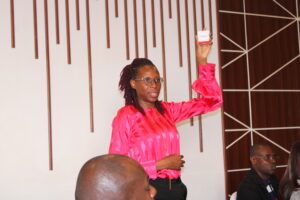 “We have had the privilege of working very closely with religious leaders over the past four years,” said Venoranda Rebecca Kuboka, founder and team leader at Youth Changers Kenya. “The publication is specifically for them—to serve as a reference tool as they pass on information to different groups within their communities.”
“We have had the privilege of working very closely with religious leaders over the past four years,” said Venoranda Rebecca Kuboka, founder and team leader at Youth Changers Kenya. “The publication is specifically for them—to serve as a reference tool as they pass on information to different groups within their communities.”
YCK, a community-driven organisation established in 2015, operates under five thematic areas: sexual reproductive health and rights, sexual violence education and advocacy, girls’ education, and mental health. Kuboka, who is also a mental health practitioner, explained that the organisation consulted extensively with religious leaders throughout the project to ensure the publication was grounded in both faith and fact.
“To balance the sensitive nature of doctrine with the reality of sexual health, we engaged religious leaders in dialogue to avoid any controversy,” she said. “We included relatable real-life examples, case studies, and used simple, accessible language.”
In addition, the publication draws from detailed research and references, globally recognised legal frameworks and standard definitions, including those used by the World Health Organization and Kenya’s Constitution.
Voices of Faith, Carriers of Change
Religious leaders from various backgrounds welcomed the publication with optimism and commitment. For Malik Mohammed Kipsang’, Chief Imam of the National Muslim Leaders Forum (NAMLEF) in Bungoma County, the need for such a guide could not be more urgent.
“SRHR is an issue that has not been adequately addressed for the longest time, especially within the Muslim community,” he noted. “These issues are a reality we cannot run away from. We are ready to talk about them, disseminate the information, and create awareness.”
Kipsang’ affirmed that religious leaders can indeed take the lead in educating their communities on SRHR, provided it does not conflict with the core tenets of their faith.
“It’s a matter of health for faith, and faith for health,” he added. “I see a future where we’ll have fewer problems related to gender-based violence, sex, and sexuality.”
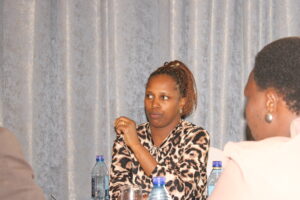 Jennifer Wanjiru, a church ambassador in Njiru, certified professional mediator, counsellor, and businesswoman, also underwent the training.
Jennifer Wanjiru, a church ambassador in Njiru, certified professional mediator, counsellor, and businesswoman, also underwent the training.
Her motivation was deeply personal and pastoral.
“I was inspired to take part in the training because the younger generation needs a lot of guidance when it comes to sexual and reproductive health education,” she said. “There were times questions were raised in church and unfortunately, I could not provide valid answers. Now, I can confidently have these discussions from an informed position.”
Building Safe Spaces in Faith
According to Kuboka, the publication is not the end but a beginning—an invitation for ongoing, open, and informed conversations in faith communities across the country. She hopes to see a shift in knowledge, attitudes, behaviour, and mindset among both leaders and congregants.
“We want religious leaders to use their pulpits for advocacy and to create safe spaces where people can engage without fear,” she said. “With this credible tool in hand, we hope SRHR education will be adopted in mosques, churches, and other religious institutions.”
To assess the impact, YCK plans to track change-related stories that emerge from faith spaces—testimonies that reveal transformation, understanding, and community growth.
“It’s not just about preaching,” said Kuboka. “It’s about empowering leaders to serve from a place of knowledge, compassion, and truth.”
A New Chapter
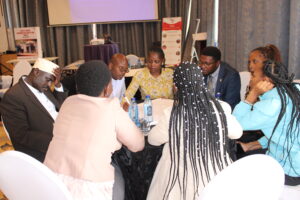 In a society where faith remains one of the most influential pillars, bringing religious leaders into the SRHR conversation marks a significant shift.
In a society where faith remains one of the most influential pillars, bringing religious leaders into the SRHR conversation marks a significant shift.
It’s a move that not only confronts taboos but also reaffirms the role of faith as a source of guidance, care, and wholeness.
With Faith and Sexual Reproductive Health and Rights now in their hands, religious leaders are poised to lead the conversation from the front—not in conflict with their beliefs, but in harmony with their responsibility to protect, inform, and uplift.
The silence is breaking—and in its place, a sacred dialogue is beginning to bloom.

